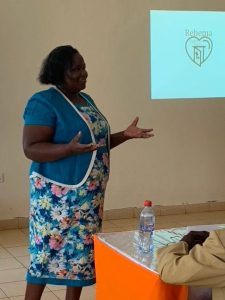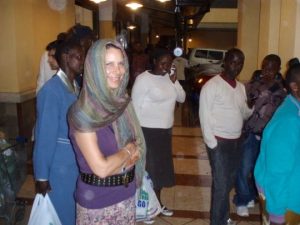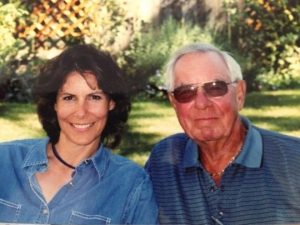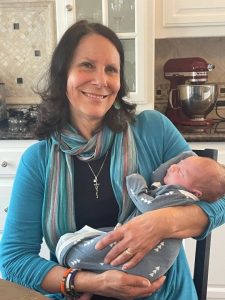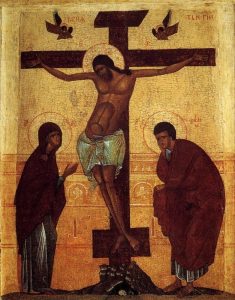“Each day is a journey and the journey itself home,” the poet Matsuo Basho wrote more than three hundred years ago.
In 2006 a journey unfolded itself before me, a journey for which I was not prepared. How does a person prepare to lose everything knowable and enter into–or in my case be violently thrust into– the mystery of a place I would come to fondly call “home”, otherwise known as Africa?
Here’s how it happened for me:
Inch by inch.
Widow by widow.
Orphan by orphan.
A dying man.
A starving child.
A pre-pubescent girl, raped.
A mother with HIV/AIDS staring into the faces of her young children.
Heaps of smoking garbage, dotted with scavengers eking out a meager existence next to the cows and goats who feast on the fetid pile of rubbish.
A woman in active labor turned away from the hospital because she has no money to pay for care.
A man with AIDS left to die in the chicken coop—the stigma and fear too great for the family to endure.
Black plastic bags embedded in the overcrowded slum’s landscape like flowers.
Red dirt roads stretching endlessly to remote villages teeming with life.
Drought’s fingers displaying shriveled corn with brittle yellow leaves rattling in the hot wind.
Water sources reduced to potholes, basins of brown-gray-green water brimming with typhoid, cholera, giardiasis, strep, amoebas and other life-endangering species.
Malaria carrying mosquitos…….
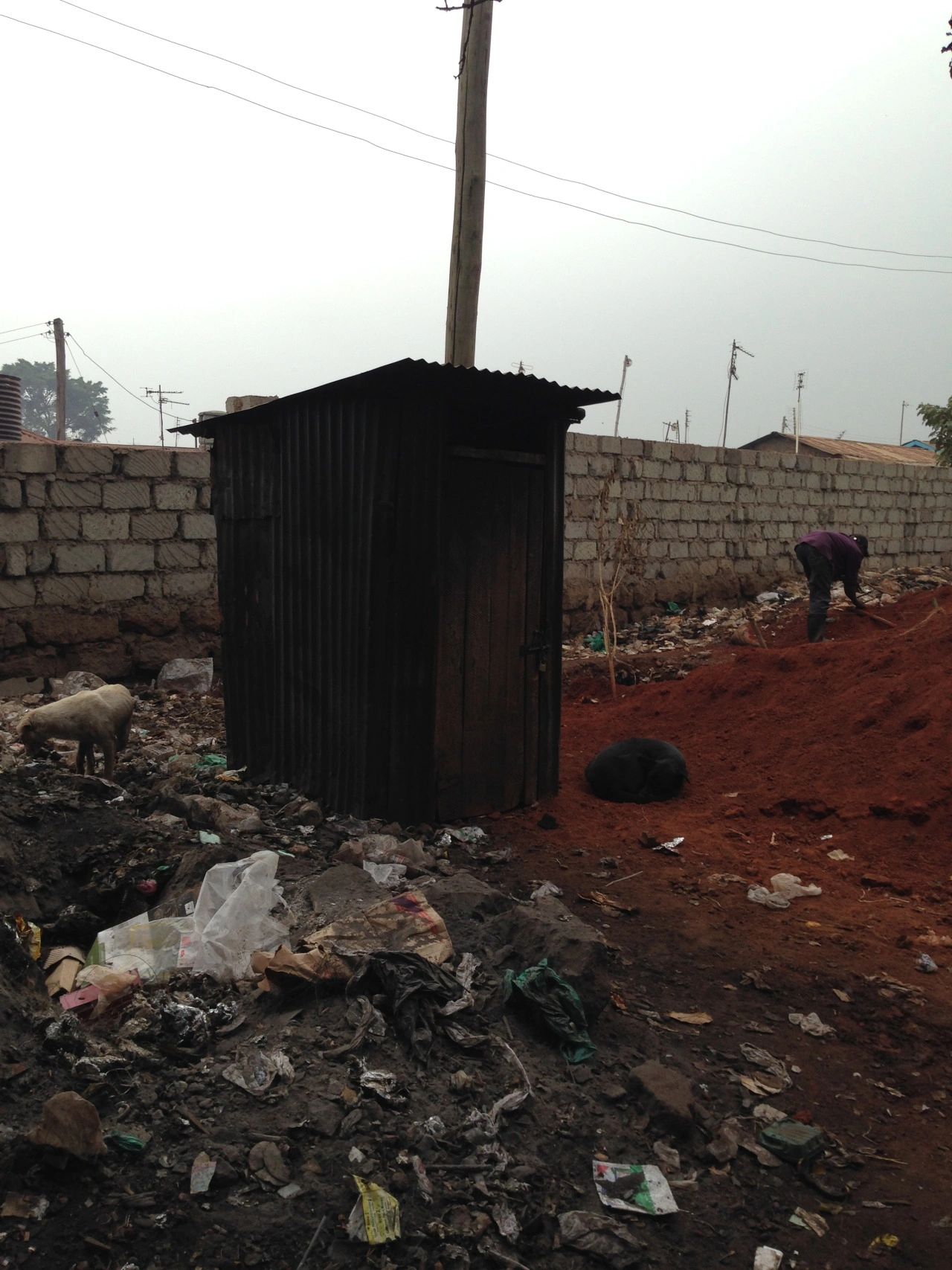
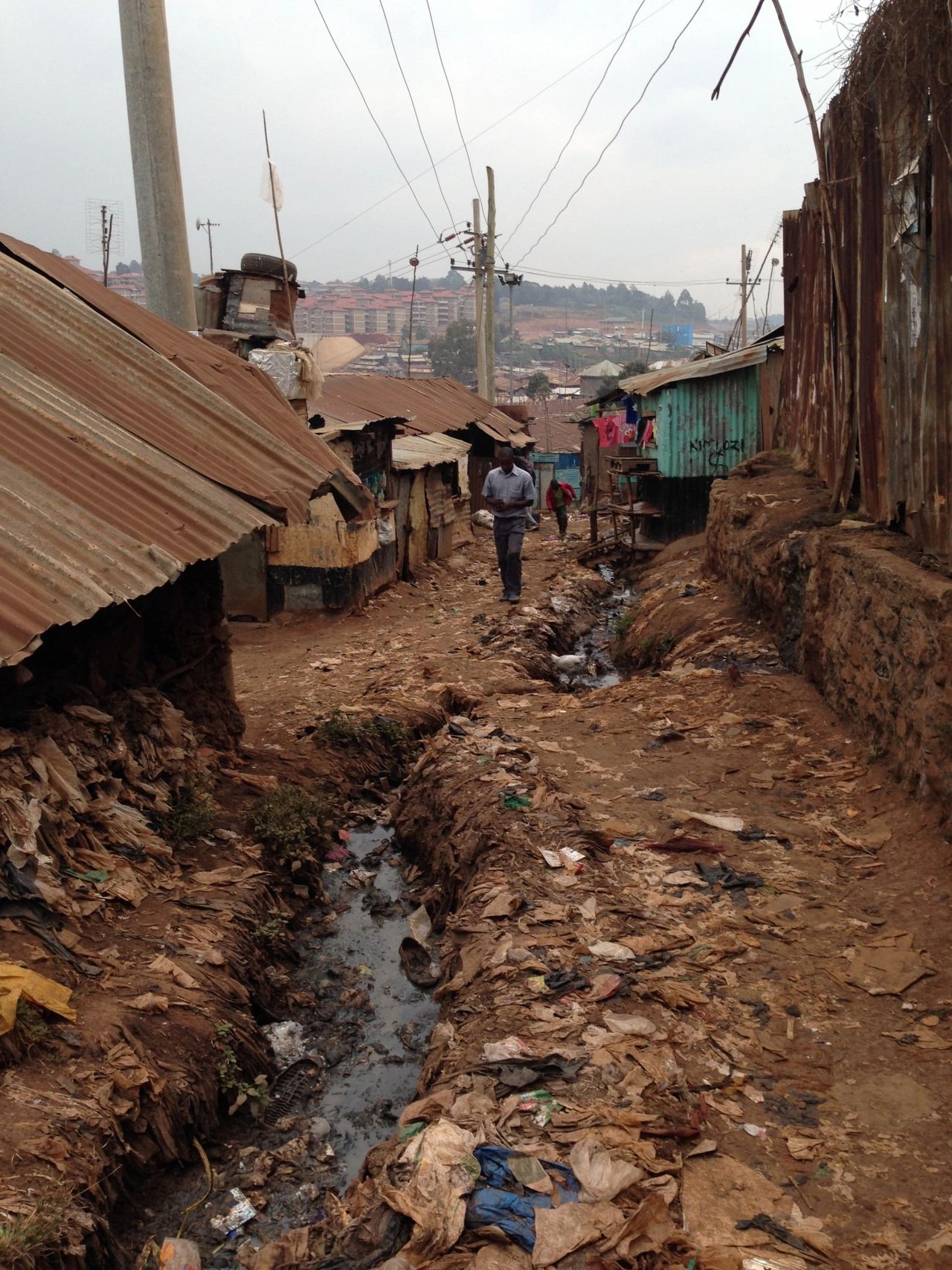
These are but a few of the things that stripped me of any illusion I might have packed with me. There are no footholds in the face of this poverty and suffering. No way of coming prepared, no matter how many books I read, no matter how many lists I made.
And in the face of such harshness, I was equally unprepared for this:
A deaconess*–a woman of mercy–who ventures out into Nairobi’s slums in order to bring Christ’s light and hope to those under her care. Each time she crosses the threshold of her own home, she pushes back her own fears of how to feed, clothe and educate her family.
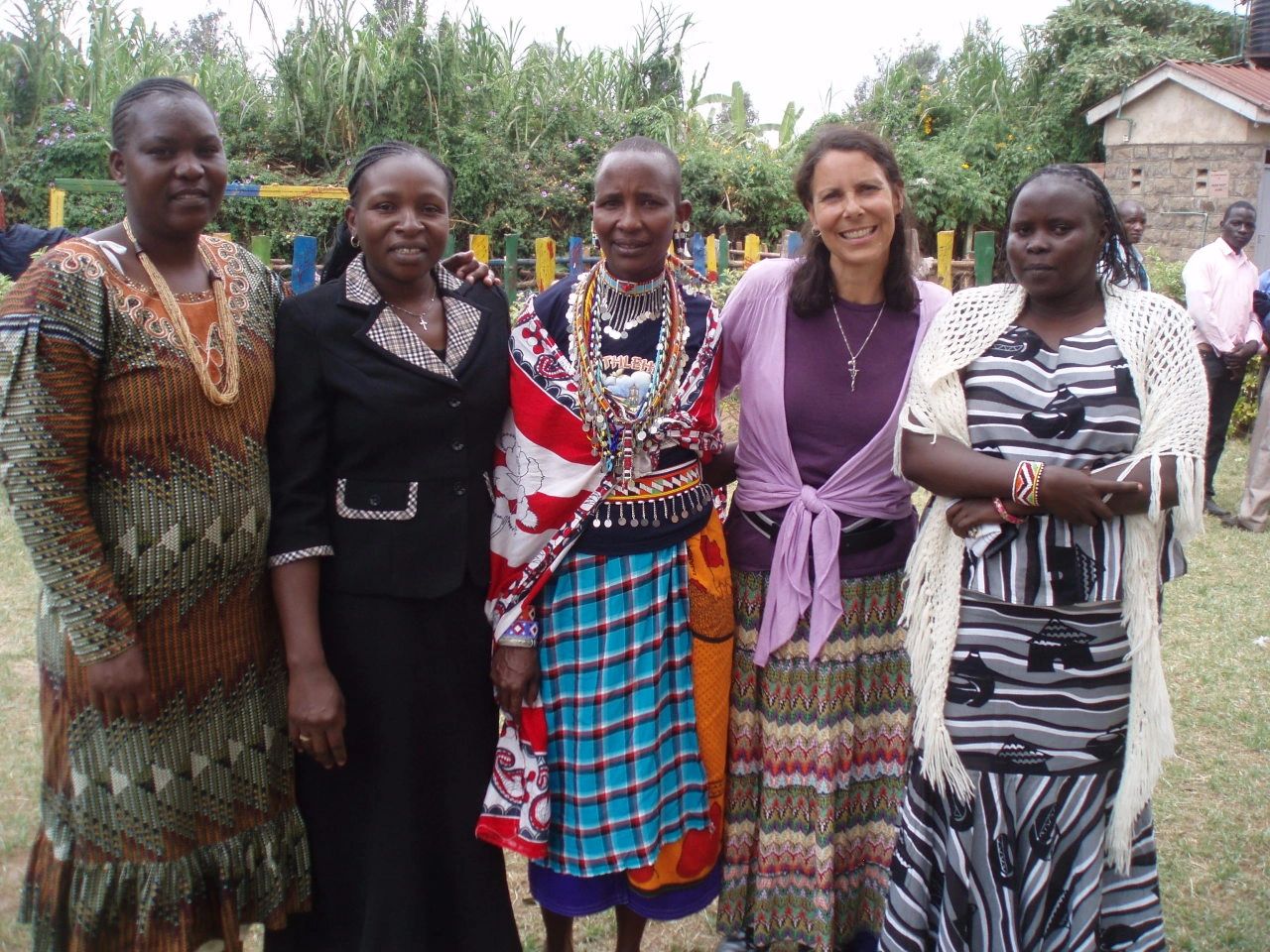
The widow struggling to find hope? The deaconess comes with a small ration of food, a hug and an enduring word of comfort.
The orphan (or literally thousands upon thousands of orphans)? She gathers them up and finds families and sponsors to care for them. She helps create a school so they have a safe place to go each day and perhaps, if funds allow, receive a small meal that might be their only food that day.
The dying man? She brings mercy in the form of comforting words, pain meds if funds permit. She brings the pastor and Holy Communion. She cares for the sorrowing wife and children.
That young girl raped by her neighbor (or family member)? The deaconess comes to her with healing words and a gentle touch. She takes her to the doctor, and then to the police station to file a report that will likely go unnoticed. But in doing so, she tells this girl—“Your life is sacred. Your life matters. I am here for you. Christ has taken the shame inflicted upon you into His very Body.”
The woman with HIV/ AIDS? The deaconess gets her connected to sources of care and medicine. She brings food to the children. She reads Psalms. She prays with her and her family. She breaks the stigma, the fear and the ignorance by her very presence that says, “Be not afraid. You are not alone.”
The devastation of suffering and poverty stripped me to nothing. The humility and generosity of these women of mercy reduced me even further, and in the same way, their beauty and kindness were a doorway into the divine mercy of Christ.
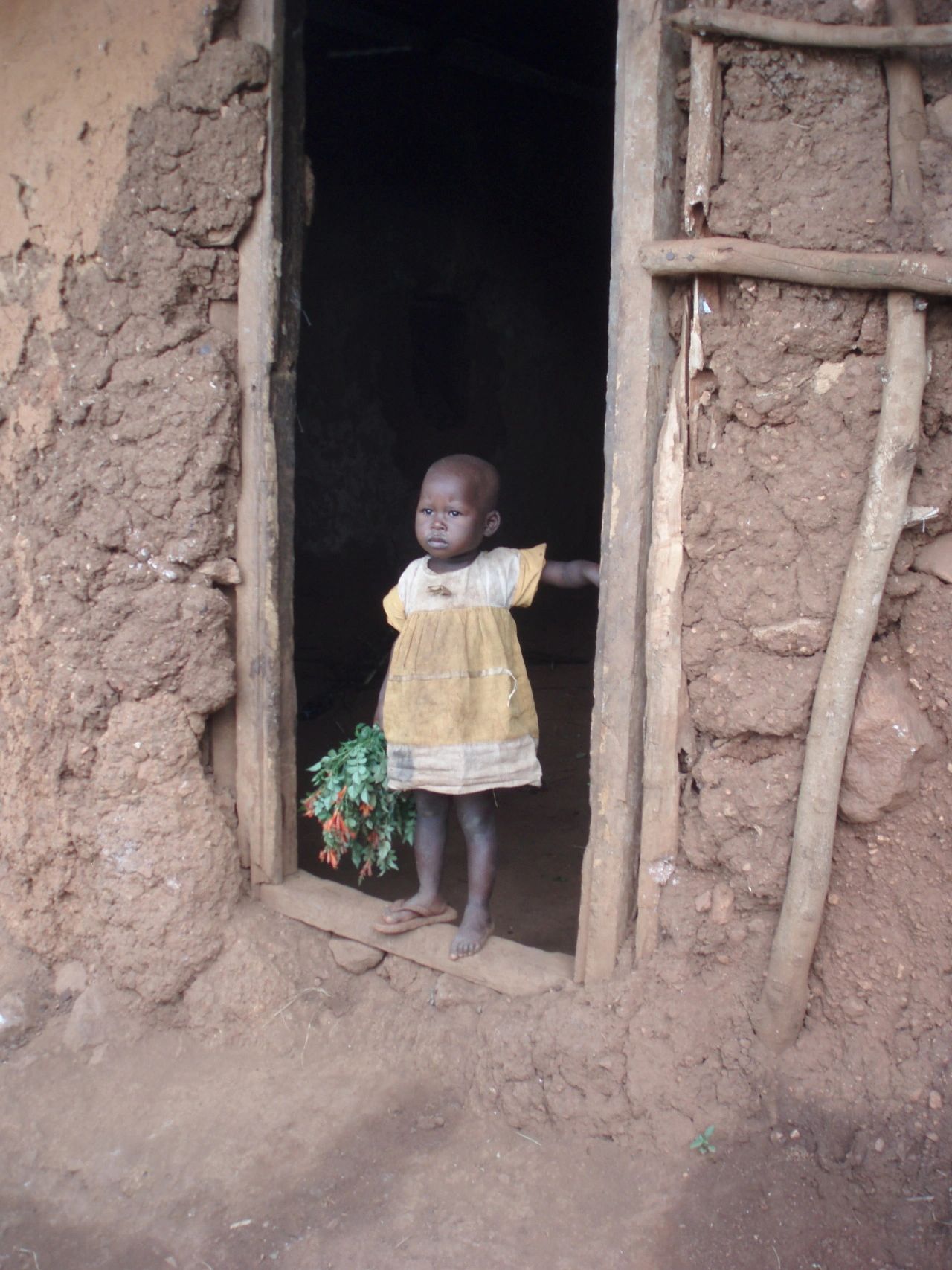
Mercy might be described as Christ’s Love played out in this world. Mother Teresa puts it this way, “Give of your hands to serve and your heart to love.” Mercy allows us to see beauty in each bleak situation, be it a smile, a touch, a photo on an otherwise bare wall. Mercy is littered with compassion—being willing to suffer alongside another, and sharing the deep joy in the midst of sorrow. Mercy’s calling card is generosity—the giving of one’s self (presence, possessions, money) in order to relieve another’s hardship. Mercy gives us a foothold in the most desperate situations by helping us interpret suffering through the sufferings of Christ.
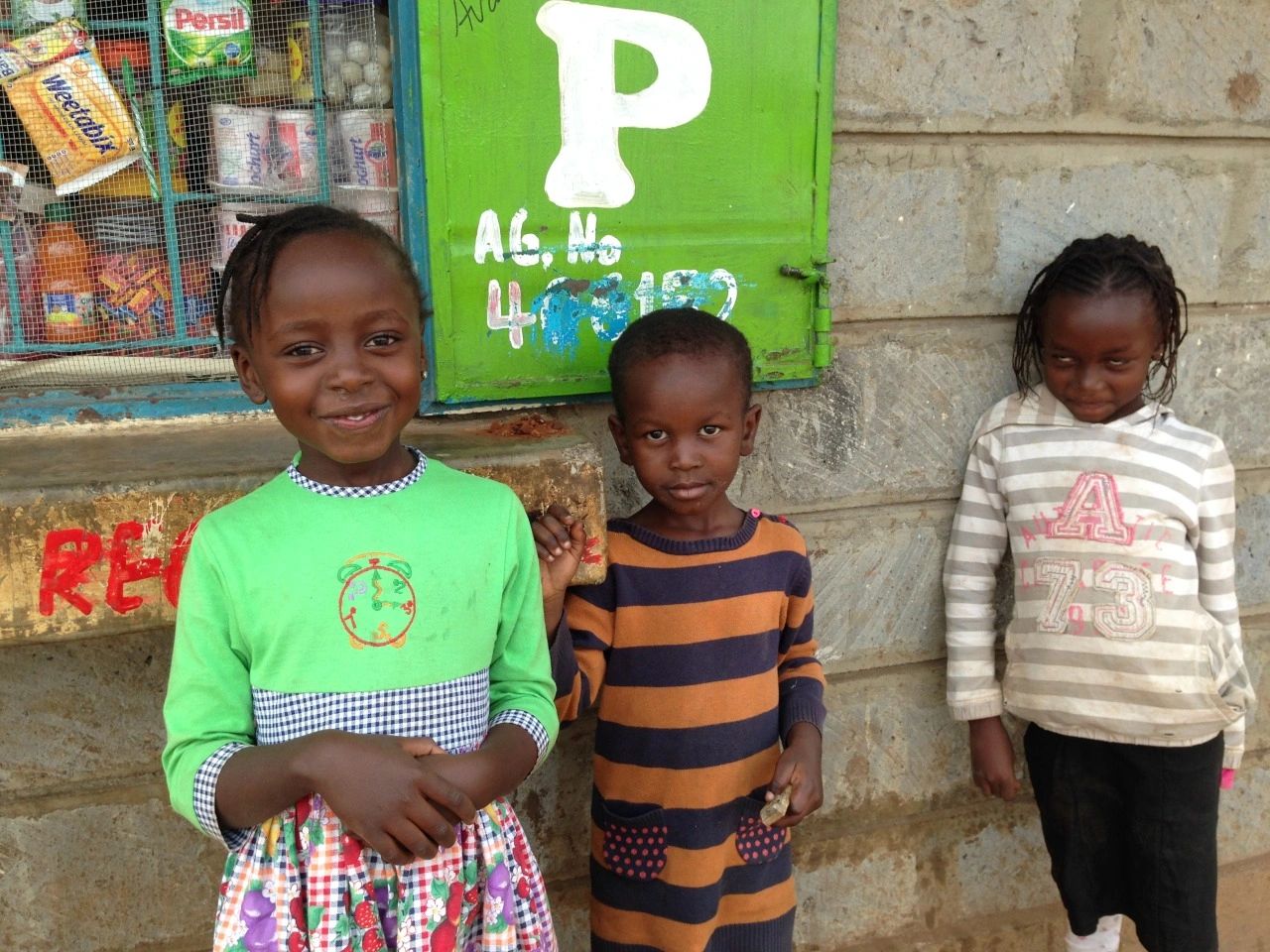
And so as I approach a decade of mercy work in Kenya, I am grateful for the gift of journeying to an African country that forever changed the landscape of my heart and soul. I remain eternally indebted to the Kenyan people who opened their hearts and homes to me that I might learn mercy, and who welcome me home each time I return.
I continue to be surprised (and not surprised at all!) for the generosity of so many of you who support this work begun almost ten years ago. You know who you are. Never underestimate the impact of your gift –you have changed lives, including mine.
* The deaconesses of the Evangelical Lutheran Church of Kenya (ELCK), have been theologically trained to serve the Church and the community’s poor and needy ones.
Ongoing projects:
· Clean water with use of water filters (each kit costs $60). Partnering with the For One Another Foundation, we have distributed nearly 300 water filters, providing clean water to thousands of people.
· Micro-loans (low interest loans for a small business or enterprise) for women so they might provide for their families and those under their care
· Hospice house –hope at the end of life.
Always Mercy
Pamela

